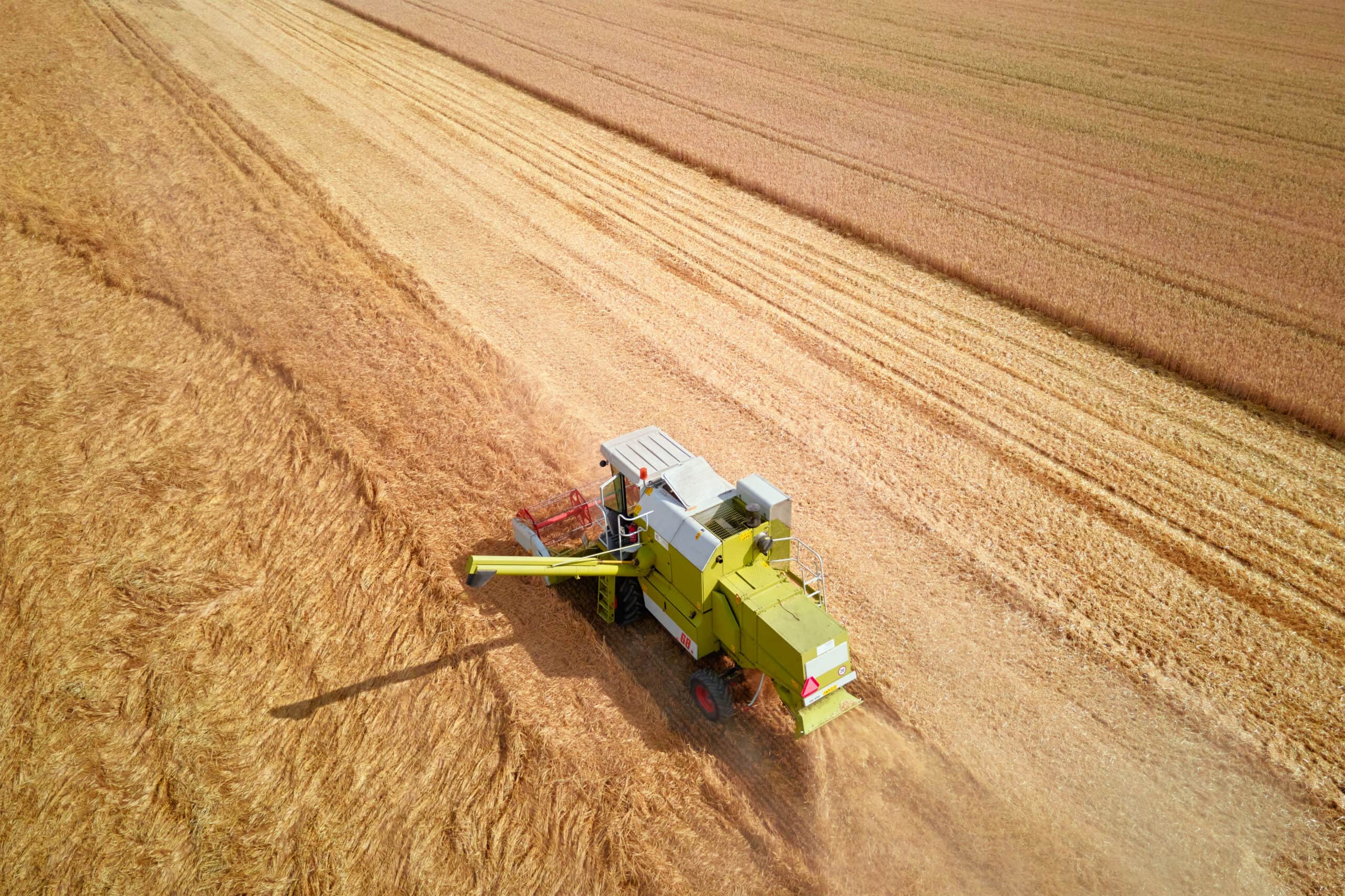
It’s almost harvest season, the time of year where you’ll be reaping the fruits of the past year’s labor. Chances are you’re up for the monumental task of harvesting, but what about your tires? AG tires often face harsh conditions during harvest season. From navigating through mud and uneven terrain to rolling over hard stubble, AG tires can see significant damage to tread rubber
and sidewalls.
Modern advancements in crops such as soybeans and corn have produced a more weather and insect resistant crop, but it has also produced a stalk that is stiffer than in previous years.
Being proactive in seeking ways to avoid stubble damage to AG tires is a viable way to increase crop yield and limit downtime.
Here are three ways to reduce stubble damage:
Investing in products that help reduce stubble damage can save farmers a lot of time and money in the long run. Stalk stompers or stubble stoppers are devices that attach to the bottom of your combine’s head or the front of your tractor to prevent stalks from getting caught in the tire treads and jamming up the tires or causing other damage. When you invest in stalk stompers, you'll notice reduced tire wear, less unexpected repairs or replacements, and an increase in crop yields.
The best part about a solution like this is that it doesn't have to be expensive. With a bit of ingenuity and elbow grease, you can make your own stalk stompers or stubble stoppers. All you need is some stout metal tubing, a few pieces of flat bar stock, and some welding skills.
If you don't have the time or skills to make your own, there are plenty of companies that sell them. A quick Google search will reveal a number of options, so you're sure to find one that fits your needs and budget.
Another way to reduce stubble damage is to use tires that are resistant to it - stubble-resistant tires. These tires are designed with thicker sidewalls and special tread patterns that help them better withstand the impact of stalks. This helps to increase crop yield by reducing the amount of time lost to tire damage.
It's equally essential to select tires best suited for your crops by looking at tire tread and pattern shape:
Quality puncture-resistant tires are an investment, but they're worth it, considering the savings you’ll experience down the road from reduced rates of tire failure and less downtime.
Your AG tire's inflation levels are crucial in reducing stubble damage. With the increase of genetically modified crops, stalks are becoming harder and more dangerous to AG tires. Moreover, AG tires are more sensitive to pressure changes than other tires. And slight pressure changes can have a significant impact on soil and crops. This is where tire pressure monitoring systems (TPMS) come in.
TPMS is a system that monitors your tires' air pressure in real-time and alerts you to any problems. This gives you the opportunity to inflate your tires before they get too low to ensure optimal performance, durability, and longevity. Knowing about tire pressure issues and remedying them quickly can help tire damage and reduce your chances of expensive downtime.
You don't have to accept ongoing tire issues if you have the right information and products. By utilizing TPMS and monitoring tire pressure, farmers can decrease tire costs and increase yield. Contact Doran to learn more: reach us by phone at 866-816-7233 or by email at INFOREQUEST@DORANMFG.COM.
